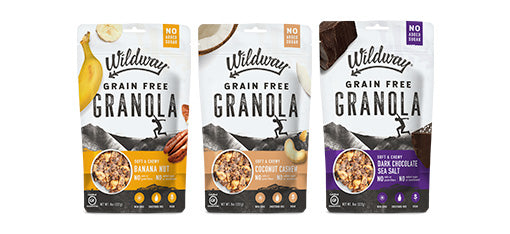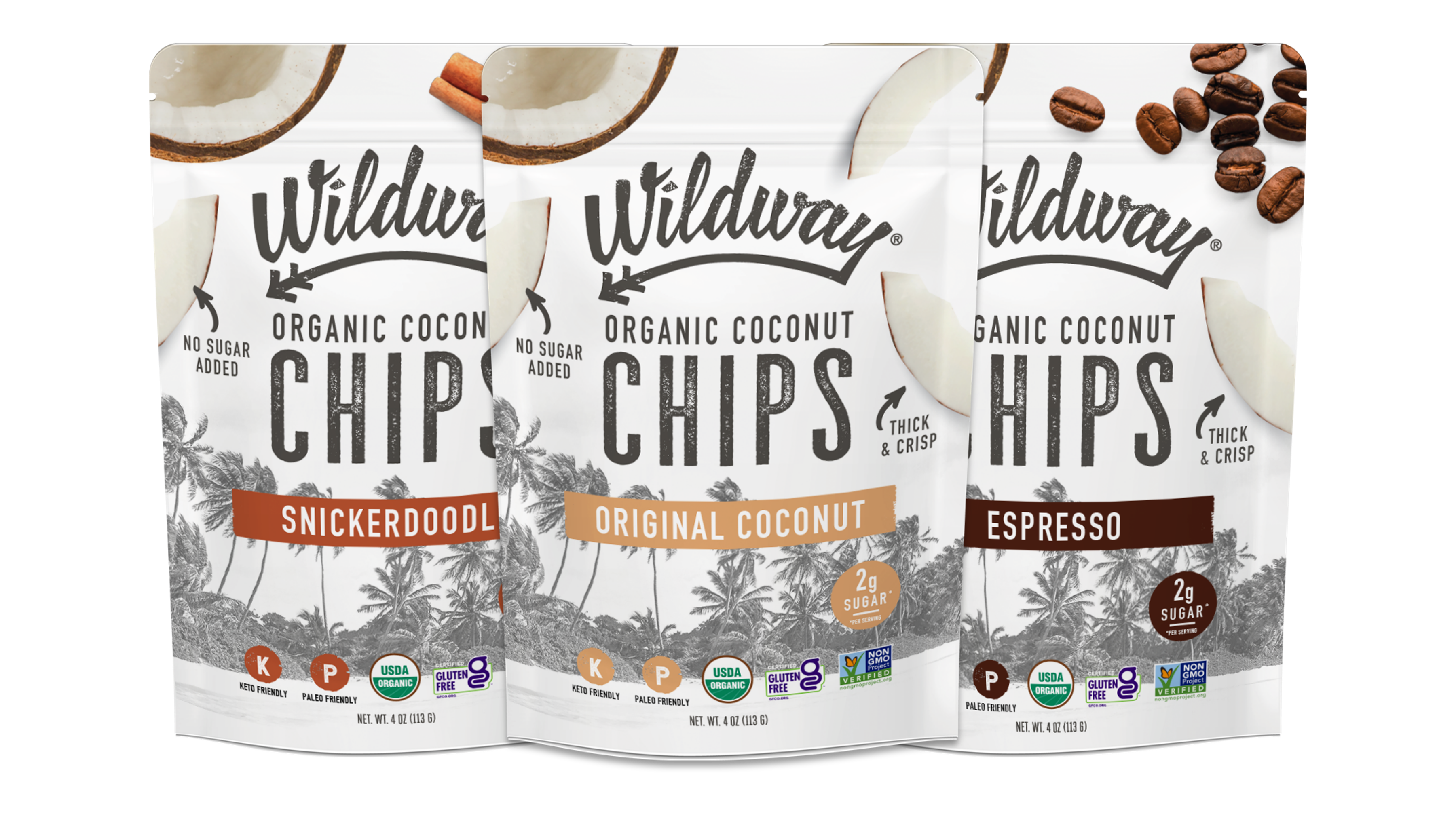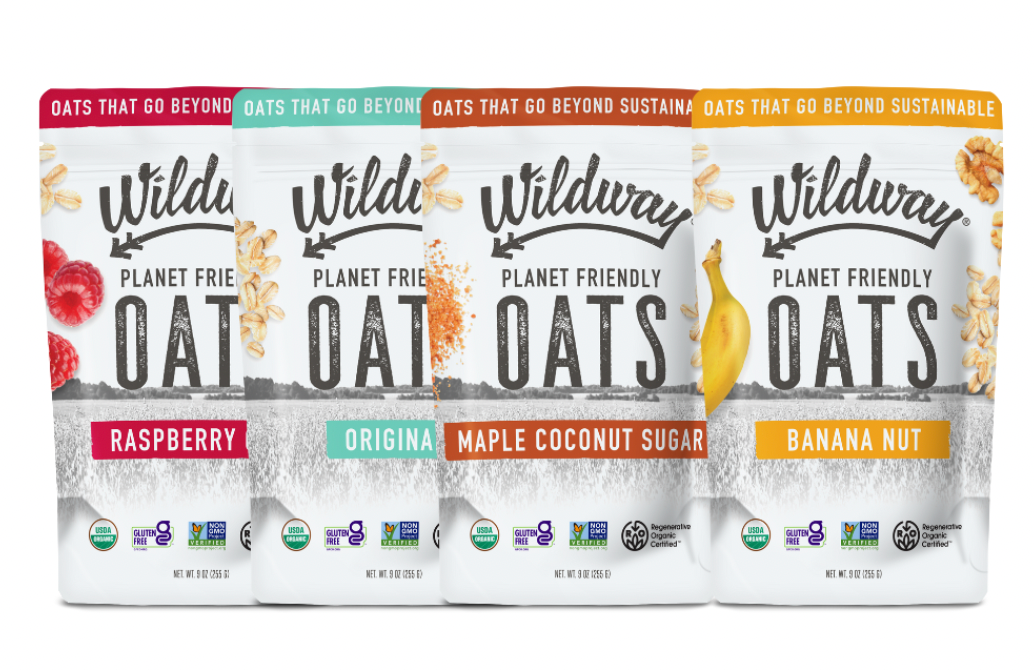What is Regenerative Agriculture?
Regenerative agriculture is not just a buzzword; it's a transformative approach to farming that seeks to restore and improve the health of our planet while also providing sustainable food production. Unlike conventional agriculture, which can deplete the land, harm ecosystems, and contribute to climate change, regenerative agriculture works in harmony with nature.
At its core, regenerative agriculture is about more than just growing crops; it's about regenerating the land itself. It involves a set of practices that focus on nurturing and revitalizing the soil, promoting biodiversity, reducing chemical inputs, and minimizing the environmental footprint of farming operations. These practices aim to leave the land in better shape than it was found, making it more fertile, resilient, and capable of sequestering carbon from the atmosphere.
In contrast to conventional organic products, the term "Regenerative Organic" remains largely unregulated, allowing brands to make claims without stringent oversight or verification. This situation highlights the importance of obtaining the Regenerative Organic Certification. At Wildway, we recognized the need to go beyond mere claims and ensure our commitment to regenerative practices was backed by a credible and independent certification process. This certification not only provides transparency and trust to our customers but also demonstrates our unwavering dedication to genuine sustainability and the regeneration of our planet's ecosystems. It's our way of taking concrete action in an unregulated landscape, setting a high standard for ethical and environmentally conscious food production.
Why is Regenerative Agriculture the Future?
Regenerative agriculture has gained momentum and is seen as the future of our food system for several compelling reasons:
- Environmental Stewardship: It addresses the pressing environmental challenges we face today. By sequestering carbon in the soil, reducing greenhouse gas emissions, and conserving biodiversity, regenerative agriculture helps combat climate change and protect fragile ecosystems.
- Sustainable Food Production: It offers a way to grow food sustainably without depleting natural resources. Healthy soil and diverse crops result in better yields and reduce the need for synthetic chemicals.
- Resilience to Climate Change: Regenerative practices make farms more resilient to the effects of climate change, such as extreme weather events and shifting growing seasons.
- Healthier Food: Because regenerative farms prioritize soil health, the food produced is often more nutrient-rich and free from harmful residues, benefiting both consumers and the environment.
- Economic Viability: Many regenerative practices can lead to cost savings for farmers in the long term. This makes regenerative agriculture economically viable and attractive to farmers.
Wildway's Passion for Regenerative Agriculture
Wildway's passion for regenerative agriculture aligns perfectly with the movement's core principles. By promoting regenerative practices in our sourcing of wholesome ingredients for our new Planet Friendly Oats, Wildway not only ensures the quality and sustainability of its products but also contributes to a positive change in the way we produce food.
In essence, regenerative agriculture embodies a vision of farming that is not just about producing food but about healing the land, reducing our carbon footprint, and securing a more sustainable future for generations to come. It's a future where food production nourishes both people and the planet. Connecting climate health to human health.








